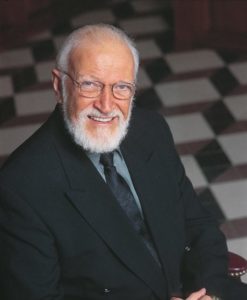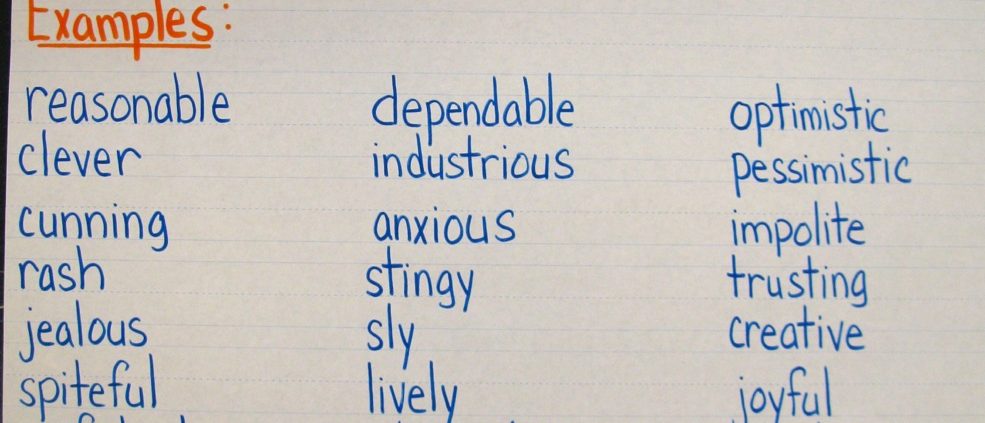Who You Are Impacts How People Hear What You Say
Look Who’s Talking
In this blog I’ve looked at the various components of preaching, including effective introductions, good organization of the body, and impactful conclusions. In other words, we’ve looked at the pragmatic stuff. There is an old saying that to be successful in any endeavor you need three things: knowledge, character and skill. One of the areas that I haven’t yet spent enough time on is the person who is preaching, or the issue of character. As one person put it, we have to exegete the preacher as well as the Scriptures. Or, to put it another way, who you are impacts how people hear what you say more powerfully than you think. That is going to be the focus of my next posts, beginning today by looking at who’s talking.
Exegete the Character of the Preacher

Character is who you are
When Mother Teresa died, the Hindu nation of India had a rather interesting response to her passing. The predominantly Hindu city of Calcutta paid to raise up billboards in her honor. Mother Teresa was avowedly Christian in her approach to ministry, but her character, as seen in her faithful ministry to the poor and dying, won her respect even by Hindus. People would listen to her when she spoke because her life reflected her commitment.
Ralph Waldo Emerson, the great American author, put this well in one of his writings. He said, “Don’t say things. What you are stands over you the while, and thunders so that I cannot hear what you say to the contrary.” (Complete works of Ralph Waldo Emerson, vol. 8, p. 96) This is the essence of character: what I say matches who I am.
Who You Are vs. What You Say
In the 1980’s several famous preachers in the United States saw their ministries impacted by disgrace. The names are legendary: Jim Bakker, Jimmy Swaggert, Ted Haggard, Jim Gothard, and the list goes on and on. What happened to these people who were known as effective preachers/teachers? Secrets came out, and the public suddenly realized that the way they lived did not line up with what they said. Or, as I’m putting it in terms of this post, who you are impacts how people hear what you say when you preach.
Unfortunately, there are many yet today who are still coming to understand this message. We’ve recently heard allegations of inappropriate behavior by people like Bill Hybels and Jack Hayford, two preachers with an international influence. As a result, they have both been removed from their ministries.
What do people expect from their preachers?
 Or, to put it another way, what does character look like? Calvin Miller, in his book, Preaching, says that it boils down to four things. In this post we’ll look at the first one of the four, and the next post will continue the examination of the others.
Or, to put it another way, what does character look like? Calvin Miller, in his book, Preaching, says that it boils down to four things. In this post we’ll look at the first one of the four, and the next post will continue the examination of the others.
The first thing people expect is that the preacher is a person of faith. In other words, your listeners expect that you are in love with God, and you celebrate that he loves you as well. It’s obvious by the way you live that you talk to God on a regular basis, and that He talks to you, too. And it is obvious that you believe the promises of God, and that you are living with an expectation of seeing them fulfilled.
I don’t mean to imply here that the pastor is perfect, that he/she never falls or fails. We as preachers are flawed human beings as well. But when we do blow it, people will give us the benefit of the doubt if they see us as repentant, with a desire to become more like Christ.
So, are you a person of faith? Remember, who you are impacts how people hear when you say when you preach.
Here’s a brief video about the need for congruence between what we say and what we are, not from a particularly Christian point of view. The focus here is on effective communication.




Leave a Reply
Want to join the discussion?Feel free to contribute!